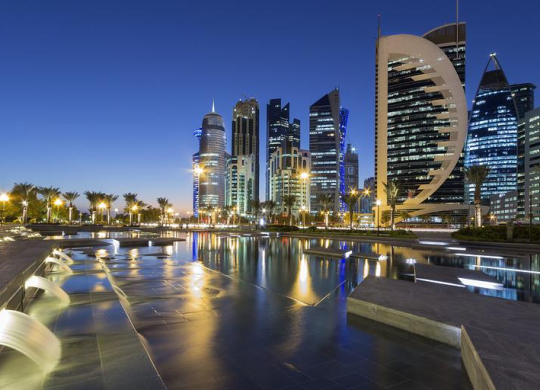What a tourist needs to know about medicine in Botswana before going to the country
Table of contents
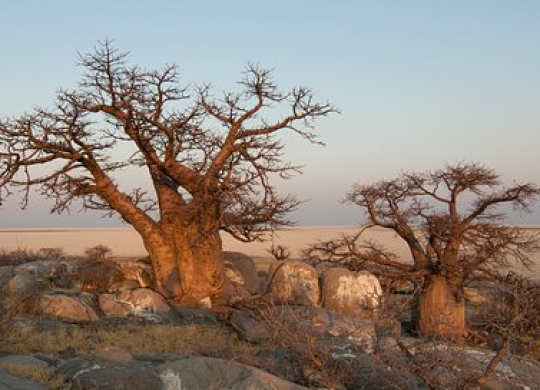
The most important and serious health problem in Botswana is the fight against severe HIV infection (AIDS). The third country after Lesotho and Swaziland is most affected by this disease. 1985 was the most critical year, it was in this year that the first case of infection was discovered. To this day, Botswana's health authorities are fighting the disease and making significant progress. Today, special free programs have been developed for those infected with this disease. For example, medical institutions provide free treatment for HIV-infected locals and foreigners. Also, in 2016, the government of Botswana passed a law on free ART for everyone who needs it, regardless of the country's citizenship. ART is antiretroviral therapy. In therapy, at least 2-3 certain drugs have been used that stop the reproduction of the human immunodeficiency virus since HIV is very changeable and quickly gets used to drugs.
In addition, Botswana's health care system cannot influence the forces of nature. Since this is one of the most exotic countries, it is worth considering the problems of bites by various insects and creeping ones. Part of the regions (in most cases it is the north) of this African country are heavily exposed to malaria, especially during the period November-June. Therefore, when planning a trip, it is recommended that you consult your doctor and bring antimalarial tablets as well as repellent sprays, wear closed clothing in these places, and use mosquito nets if necessary.
Tick fever is another disease to be aware of. Ticks tend to live in trees and shrubs, so cover your head and wear long sleeves when passing through these areas, and inspect your body after walking. At the slightest bite, contact a medical facility immediately.
As in any tropical country, there is also a risk of snake bites. Therefore, first of all, stock up on high closed shoes and remain completely calm if you still see a snake.
Also in Botswana, there is a risk of contracting a tropical parasitic disease - bilharzia. Despite the fact that this ailment is relatively easy to treat, we advise you to avoid swimming in local waters.
According to the law, strict preventive measures are not required to visit this country. Vaccinations are only needed if, for example, you plan to visit areas where there is yellow fever.
It is worth noting the relatively positive dynamics during the fight against coronavirus infection (COVID-19). According to the Ministry of Finance, out of 322,769 infected cases, 315,668 cases have recovered in Botswana, which is almost 100%. The number of deaths is 2,750.
In addition, in the very recent past, the country has faced a shortage of medicines, which has reached a catastrophic level. The presence of only 46% of the necessary drugs even in pharmacies at city hospitals, and this is even less than half. These are special types of drugs for diabetes, cancer, treatment of hypertension, and asthma. Thus, when planning a trip here, do not forget to pack a complete first aid kit with you.
The current state of the health sector in Botswana
As, however, in any country in Botswana there is private and public medicine, but at the same time, almost 100% of hospitals and clinics belong to the state structure. The main governing body is the Botswana Ministry of Health.
The medical infrastructure of the South African country has more than two dozen medical care teams, about 740 mobile clinical facilities, 222 clinics, 3 treatment, and diagnostic centres, 330 health centres, and 29 hospitals, of which 12 are district and 17 are private. A list of major hospitals and clinics, their location, hours of operation, and contacts can be found on the website.
It is worth noting that there are a sufficient number of these institutions not only in cities but also in rural areas, while each of the hospitals employs highly qualified doctors, not only local but also specialists from other countries who come here.
Botswana has a universal healthcare system and treatment is provided for all local citizens, including groups with poor social and economic status. But some individual types of medical services may be paid.
Foreign citizens, including traveling tourists, can get free access to public or private clinics only if they have an insurance policy issued before the trip. Medical assistance to visiting citizens of other countries is provided throughout the country, including private medical centres in Maun, Gaborone, and Francistown. The main items that should be included in the insurance:
1. Emergency medical care and the more coverage the better.
2. Incident insurance also with good insurance coverage.
3. Provision of medical services in case of exacerbation of chronic diseases.
4. Provision of medical services for food poisoning.
5. Coverage of air tickets in case of returning home due to health.
6. If you are planning extreme tourism in Botswana, make sure that the insurance policy has the right type of activity.
Recommended articles
3 min
Popular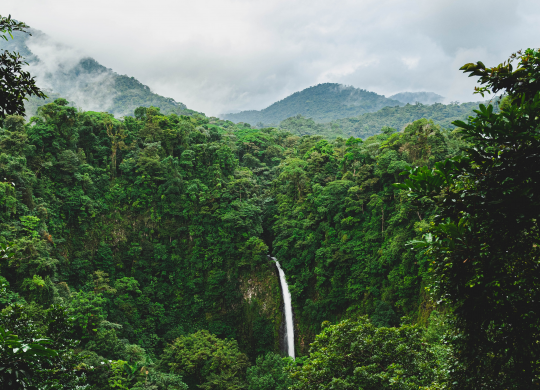
Top 8 countries with the best work-life balance in 2024
Moving abroad is an important step for every expat. Especially if the purpose of the change of residence is work. And for most, the most important thing when choosing a suitable location is the balance between work and personal life. We are talking about the rating of countries where you will have a good job and a lot of free time.
30 Apr. 2024
More details3 min
Work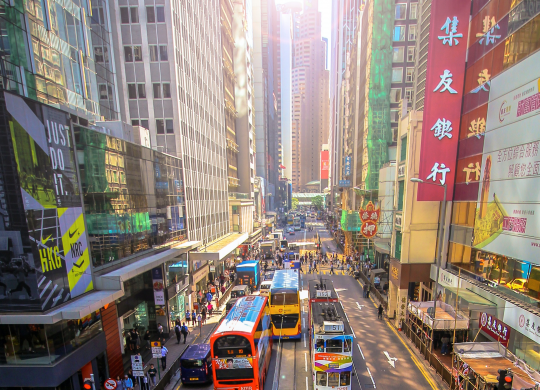
Work in Hong Kong in 2024: employment features, advantages, disadvantages and types of work visas
Hong Kong is one of the most attractive places to move abroad, at least for employment. However, expats here will have to face tough competition. Find out about the advantages, disadvantages and peculiarities of working in Hong Kong, as well as the available types of work visas in 2024
19 Jul. 2024
More details5 min
Work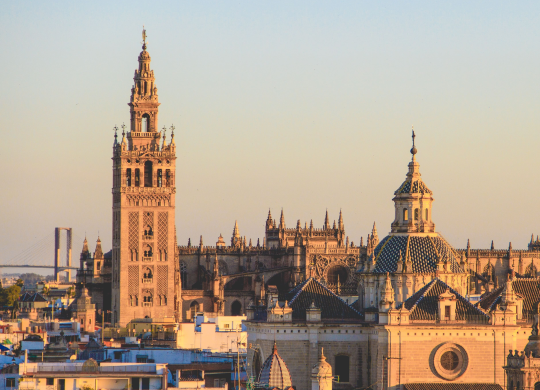
Labor market trends in Spain: requirements and ways to obtain a work visa
Spain is currently experiencing a rapid increase in unemployment due to job cuts and an increase in the number of active people. Because of this, the Spanish labor market is experiencing some stagnation. Learn more about the requirements and ways to obtain a work visa in Spain
13 Sep. 2022
More detailsAll materials and articles are owned by VisitWorld.Today and are protected by international intellectual property regulations. When using materials, approval from VisitWorld.Today is required.

